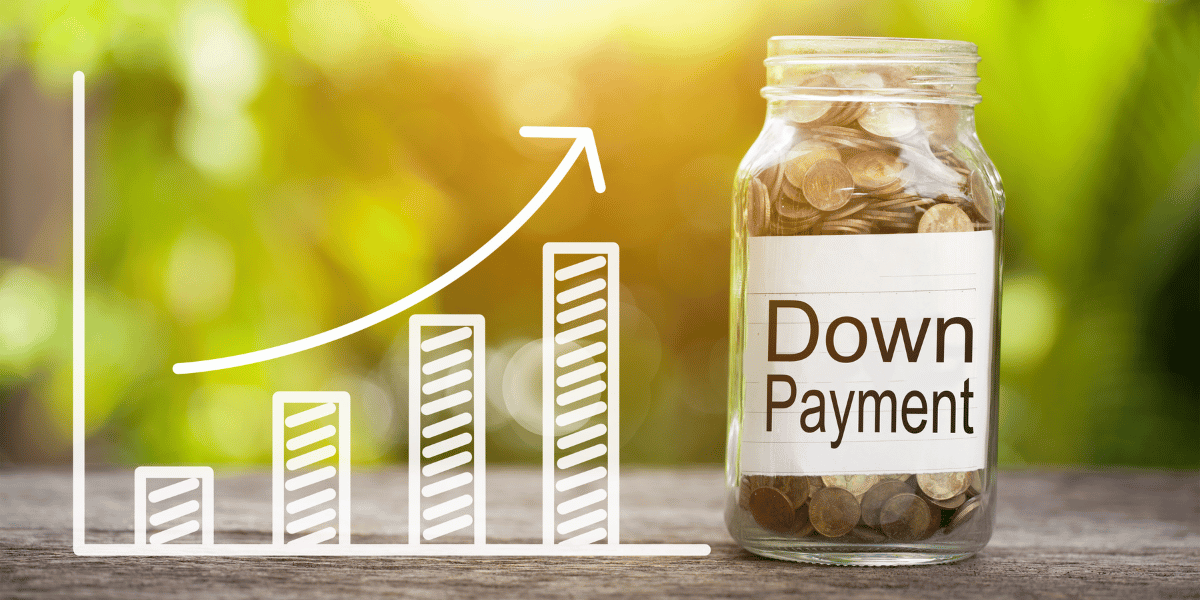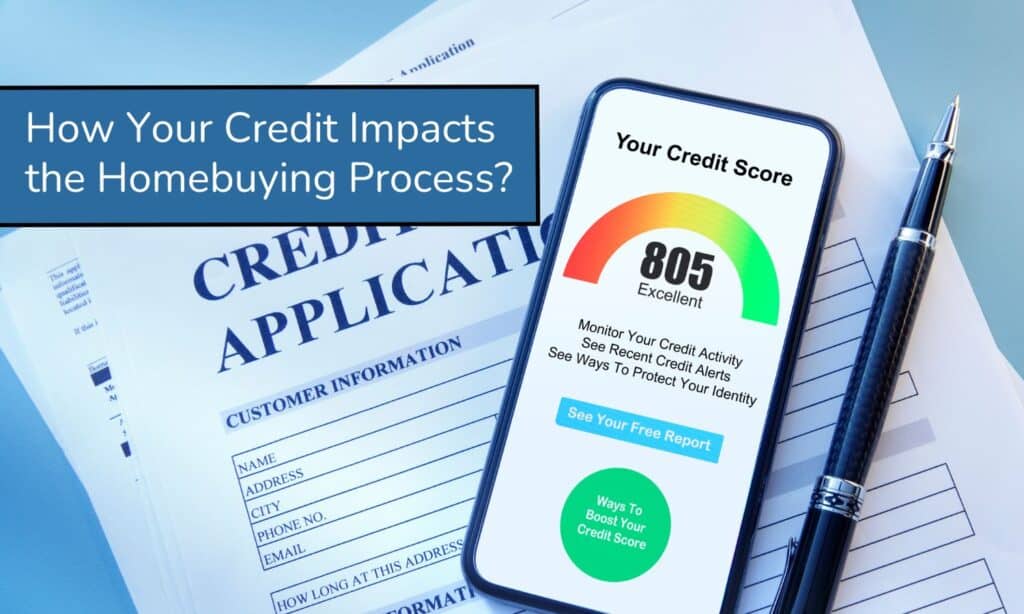The purchase of a home is a major milestone, whether you are a first time buyer or an experienced housing market participant. Even experienced homebuyers can be overwhelmed by the process of buying a house.
So before you start picking out the best neighborhoods, you need to keep reading. Understanding how your finances and credit score affect the homebuying experience is important. When preparing to purchase a house, keep these factors in your mind.
Get your finances in order
Begin your home-buying journey by assessing your financial status.
Confirm your employment and income status
When evaluating your application for a mortgage, lenders will take into account both your income and employment situation. Gross income (total earnings before taxes) is also important in estimating how much mortgage you can pay.
Calculate your savings
A significant amount of money will also be needed to pay for a down payment. Most lenders consider 20% of the home’s price as a standard down payment. The exact amount that you will need depends on the unique circumstances of your situation.
Consider outstanding debt
Although it’s possible to buy a house with debts, the process can be more difficult. As part of the evaluation process, mortgage lenders take into account your debt-to income (DTI). The DTI ratio is the monthly debt payment total divided by your gross income. It’s best, as a general rule, to keep your DTI below 36% when applying for a home loan.
Check your credit
Credit scores can also play a significant role in the home buying process. Credit scores can have a direct impact on the amount of mortgage that you are able to obtain and also help lenders determine your interest rate and other loan conditions. The size of your down payment may be impacted by the lender, and will affect whether or not you will have to pay private mortgage insurance.

What size house can you afford?
The amount of debt you have and your income can affect the amount that you will be able pay to buy a home. According to the Federal Housing Administration, most homebuyers are able to spend 31% of their monthly gross income on housing costs if they carry debt. If you apply for a loan, you may be able to get more money. However, don’t spend more than what you can afford.
You should also not spend all of your monthly housing budget on the mortgage. You will also have to budget for monthly expenses such as property taxes, homeowners’ insurance, and other costs, which vary depending on where you live.
What are the financing options available to you?
The majority of homebuyers do not have the hundreds of thousands of dollars set aside for a cash purchase. They rely instead on mortgage lenders to fund their home purchase. The three main components of a mortgage are:
The type of loan
A number of factors determine the type of loan. These include the amount of the loan, the lender and whether it is part of an official government program. Your down payment and your insurance requirements will be directly affected by the type of loan that you choose.
How much you can borrow to buy a property is directly affected by your finances. When determining the type of loan you can get, lenders will consider your income, employment status and DTI ratio. Your credit score is also taken into account by mortgage lenders when assessing your likelihood of repaying the loan as agreed.
Interest rate
The interest rate is the percentage that you pay for borrowing money. The interest rate is paid over time to the lender in the case of mortgages, along with the principal of the loan. Credit scores are often closely linked to the interest rate you pay. In general, a higher credit score can help you qualify to lower interest rates.
The term of the loan
The loan term is the time period you have to pay back your loan. This can be 15, 20, or 30 years. Shorter-term loans have higher monthly payments but lower interest rates. They also cost less. Longer-term loans may have lower monthly payment but higher interest rates. This leads to a higher cost overall.
Mortgages
There are several different types of mortgages. There are many different types of mortgages. Each is tailored to a specific scenario or lender. Here are some of the most common ones:
Conventional mortgages
The majority of mortgages are conventional mortgages. These mortgages are usually more affordable and can save you money over time due to their favorable interest rates and terms. They may be more difficult to obtain than other types of loans. Credit scores of 620 or higher are usually required for conventional mortgages.
FHA loans
FHA loans are typically available to those with lower credit scores and require lower down payment amounts. These loans include mortgage insurance in the cost, no matter how much down payment is made. This means that borrowers who cannot come up with 20% of the down payment won’t have to pay additional fees for PMI, as they would with conventional loans. These loans are more affordable for first-time home buyers and those with a difficult financial situation. They can also cost homebuyers in the long term more due to higher rates of interest.
Special Program Loans
Loans under special programs, like VA and USDA, are available to borrowers that meet certain requirements. VA loans are only available to veterans, service members, and their surviving spouses. The USDA loan program, on the other hand, is for borrowers with low to medium incomes who live in rural areas. State and local loan programs are available for first-time buyers, low-to-medium-income borrowers, and public servants.
The terms and conditions of the mortgage you qualify for may be affected by your credit score.
A credit score of 600 can sometimes translate into a half-point higher interest rate than a score of 700. A slightly higher rate of interest may not seem like much, but it could cost you hundreds or even thousands of dollars over the course of your loan.

Plan for the downpayment
It’s also important to prepare for your down payment. A down payment is an upfront cash payment, usually at least 20% of the sale price, that gives you equity in your home immediately while you pay off the mortgage over time.
Credit scores can affect the amount of money you have to pay for a downpayment. Higher credit scores can give you more flexibility when it comes to how much money you have to pay upfront. A lower credit score may require a higher down payment.
Private Mortgage Insurance (PMI).
Credit scores, along with mortgage rates and down payment, could influence the PMI premium that you pay, should it be required. PMI protects the lender if you default on your loan or are unable to make payments. If your down payment is below 20 percent, banks and other lenders might require PMI.
Remember these things when it comes to buying a home:
The credit score and financial status can have a significant impact on the homebuying experience. A lower credit score may restrict the amount of money you can borrow, and lead to higher rates or PMI.
Check your credit report and score before you start the homebuying procedure to understand how healthy your credit is. Also, review any information that lenders or creditors have provided. Create a myEquifax Account to receive six Equifax credit reports for free each year.
Give yourself plenty of time to correct any inaccurate or incomplete information you may find on your credit report. When it comes time to buy a house, some advance planning can make a huge difference.

